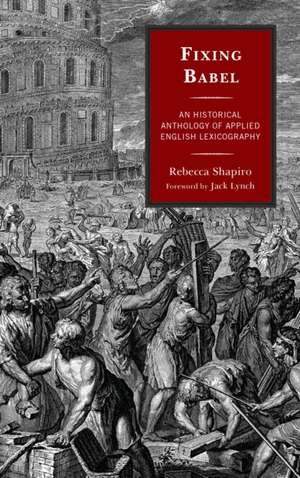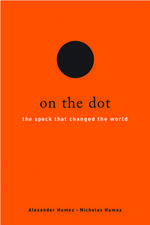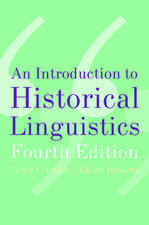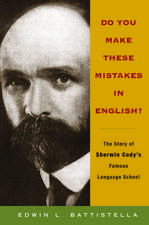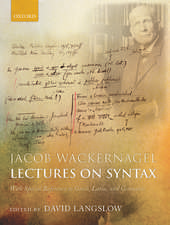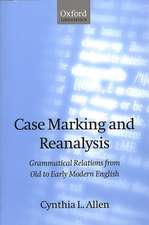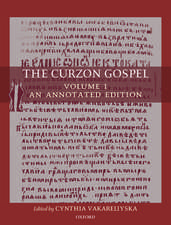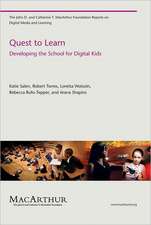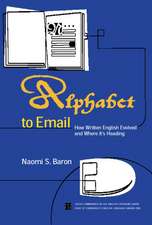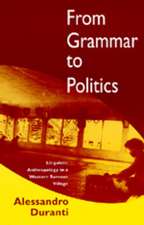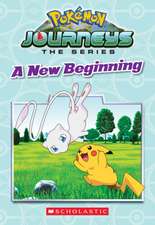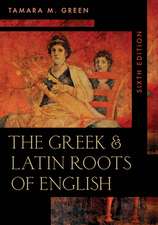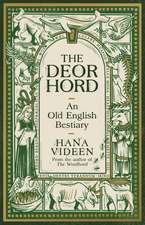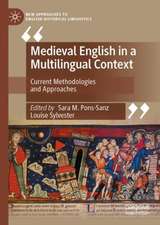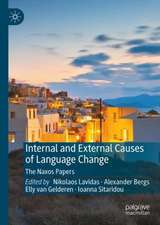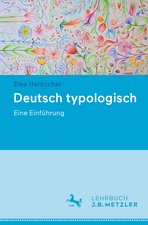Fixing Babel
Autor Rebecca Shapiroen Limba Engleză Hardback – 2017
We all think we know what a dictionary is for and how to use one, so most of us skip the first pages the front matter and go right to the words we wish to look up. Yet dictionary users have not always known how English works and my book reproduces and examines for the first time important texts in which seventeenth- and eighteenth-century dictionary authors explain choices and promote ideas to readers, their end users. Unlike French, Spanish, and Italian dictionaries compiled during this time and published by national academies, the goal of English dictionaries was usually not to purify the language, though some writers did attempt to regularize it. Instead, English lexicographers aimed to teach practical ways for their users to learn English, improve their language skills, even transcend their social class. The anthology strives to be comprehensive in its coverage of the first phase of this tradition from the early seventeenth century from Robert Cawdrey s (1604) A Table Alphabeticall, to Samuel Johnson s Dictionary of the English Language (1755), and finally, to Noah Webster s An American Dictionary of the English Language (1828). The book puts English dictionaries in historical, national, linguistic, literary, cultural contexts, presenting lexicographical trends and the change in the English language over two centuries, and examines how writers attempted to control it by appealing to various pedagogical and legal authorities. Moreover, the development of dictionary and attempts to codify English language and grammar coincided with the arc of the British Empire; the promulgation of proper English has been a subject of debate and inquiry for centuries and, in part, dictionaries and the teaching of English historically have been used to present and support ideas about what is correct, regardless of how and where English is actually used. The authors who wrote these texts apply ideas about capitalism, nationalism, sex and social status to favor one language theory over another. I show how dictionaries are not neutral documents: they challenge or promote biases. The book presents and analyzes the history of lexicography, demonstrating how and why dictionaries evolved into the reference books we now often take for granted and we can see that there is no easy answer to the question of who owns English. "
Preț: 1081.12 lei
Preț vechi: 1480.98 lei
-27% Nou
206.90€ • 224.66$ • 173.79£
Carte tipărită la comandă
Livrare economică 22 aprilie-06 mai
Specificații
ISBN-10: 1611488095
Pagini: 668
Dimensiuni: 152 x 229 x 38 mm
Greutate: 1.04 kg
Editura: Rowman & Littlefield
